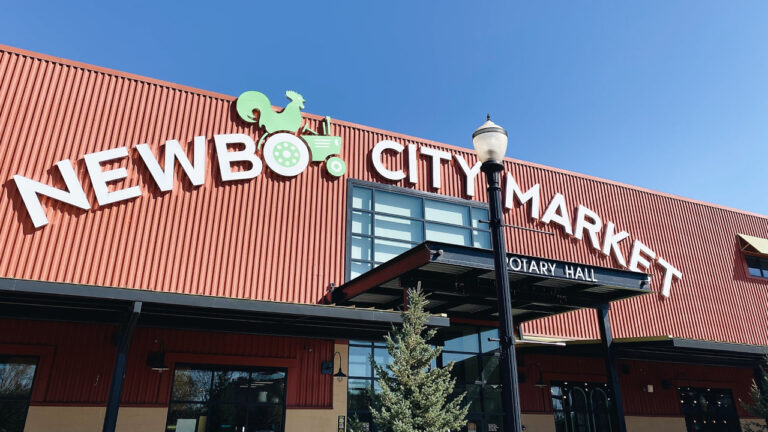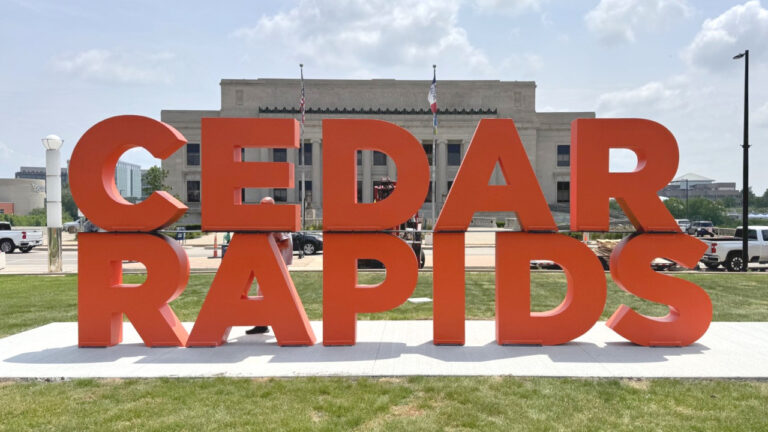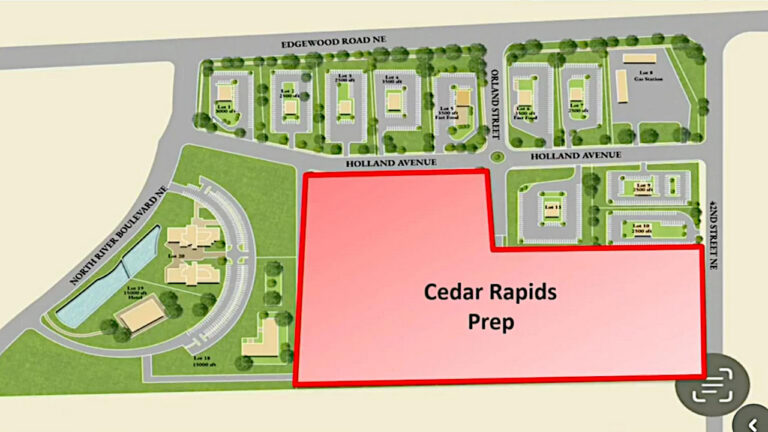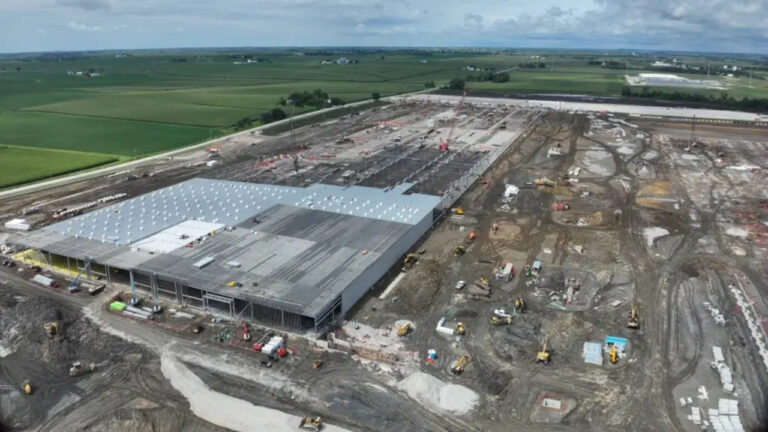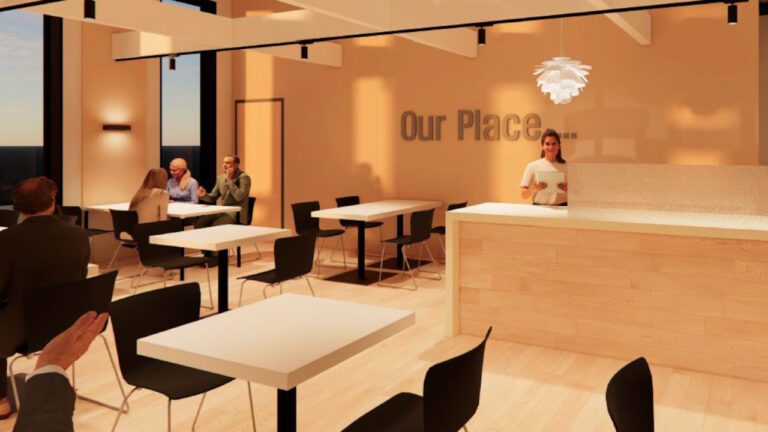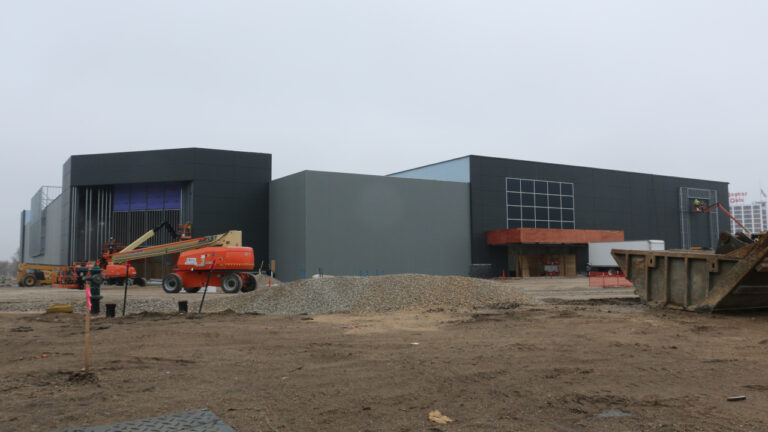Cedar Rapids casino proponents: Cedar Crossing will be ‘game-changer’
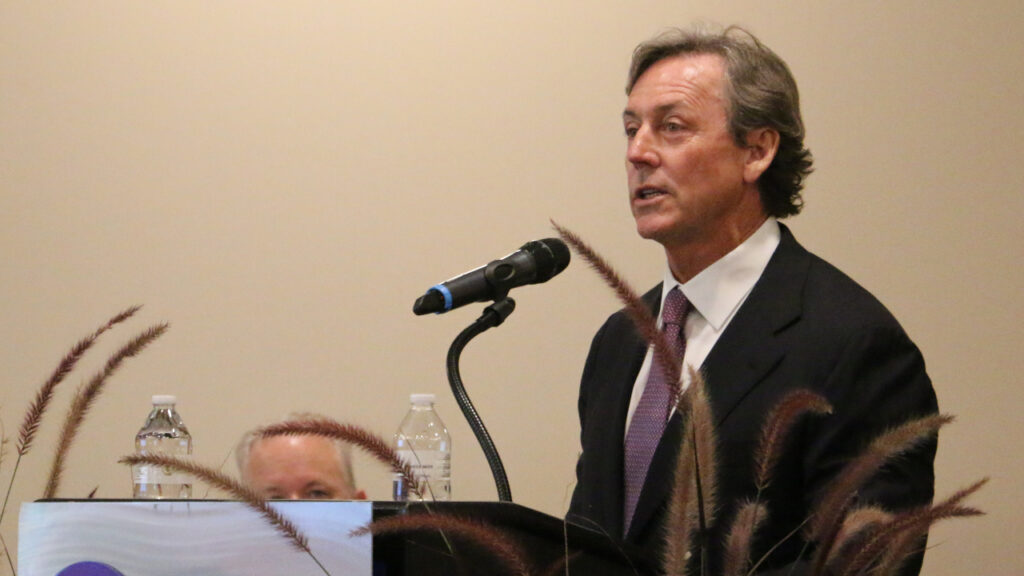
Brent Stevens, founder and chairman of Peninsula Pacific Entertainment, speaks to the Iowa Racing and Gaming Commission during a presentation on P2E's Cedar Crossing casino proposal for Cedar Rapids at the IRGC's meeting Oct. 3 at the Isle Casino Hotel in Bettendorf. CREDIT RICHARD PRATT
As speaker after speaker touted the economic and cultural benefits of the proposed Cedar Rapids casino in a formal presentation to the Iowa Racing and Gaming Commission (IRGC) Oct. 3, a central theme emerged: If approved, Cedar Crossing will be a “game-changer” on Iowa’s gaming landscape.
“This isn’t just about gaming,” Cedar Rapids Mayor Tiffany O’Donnell told the five-member commission during their monthly meeting at the Isle Casino Hotel in…

Want to Read More?
Get immediate, unlimited access to all subscriber content and much more.
Learn more in our subscriber FAQ.
Do you want to read and share this article without a paywall?



